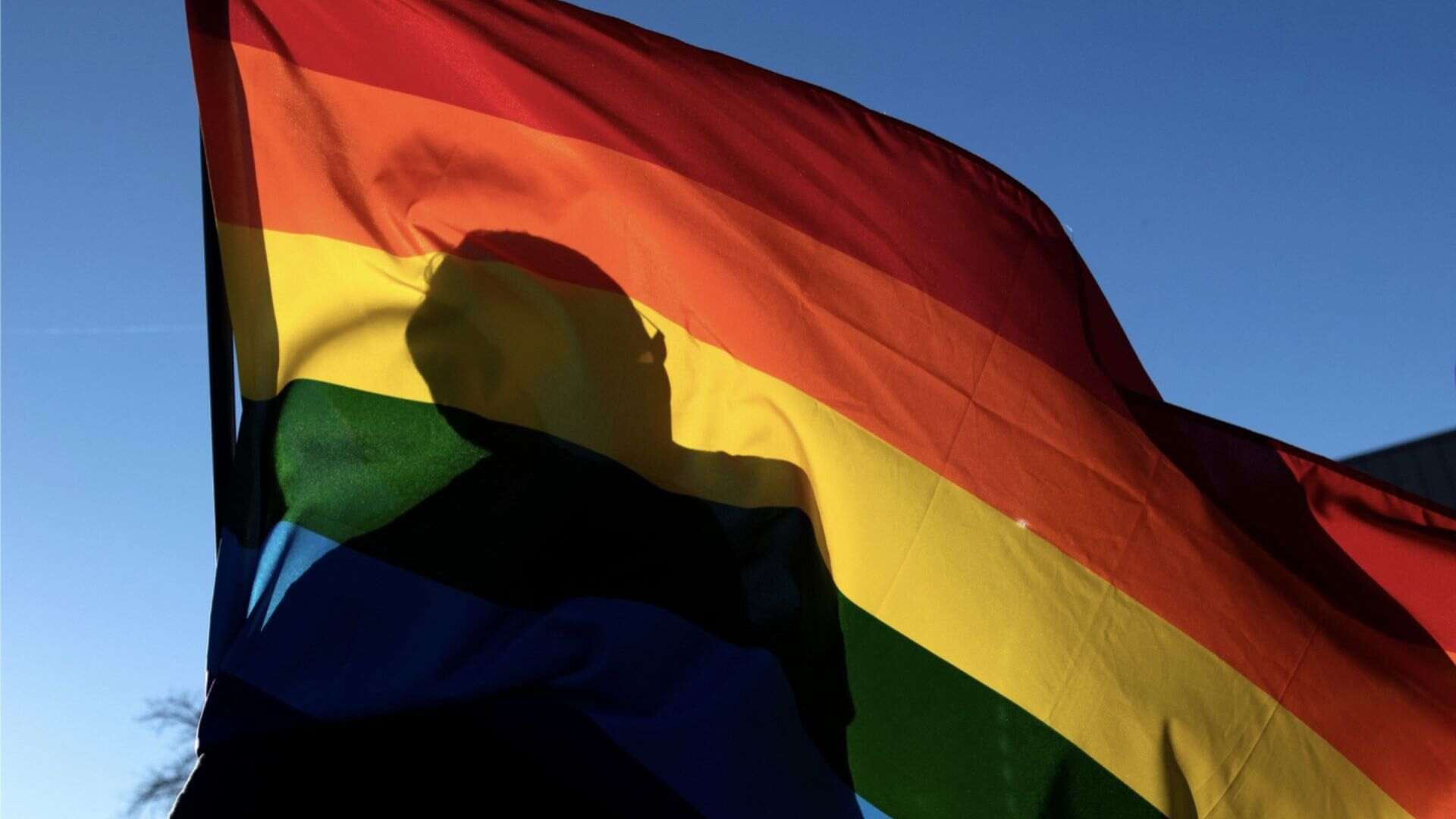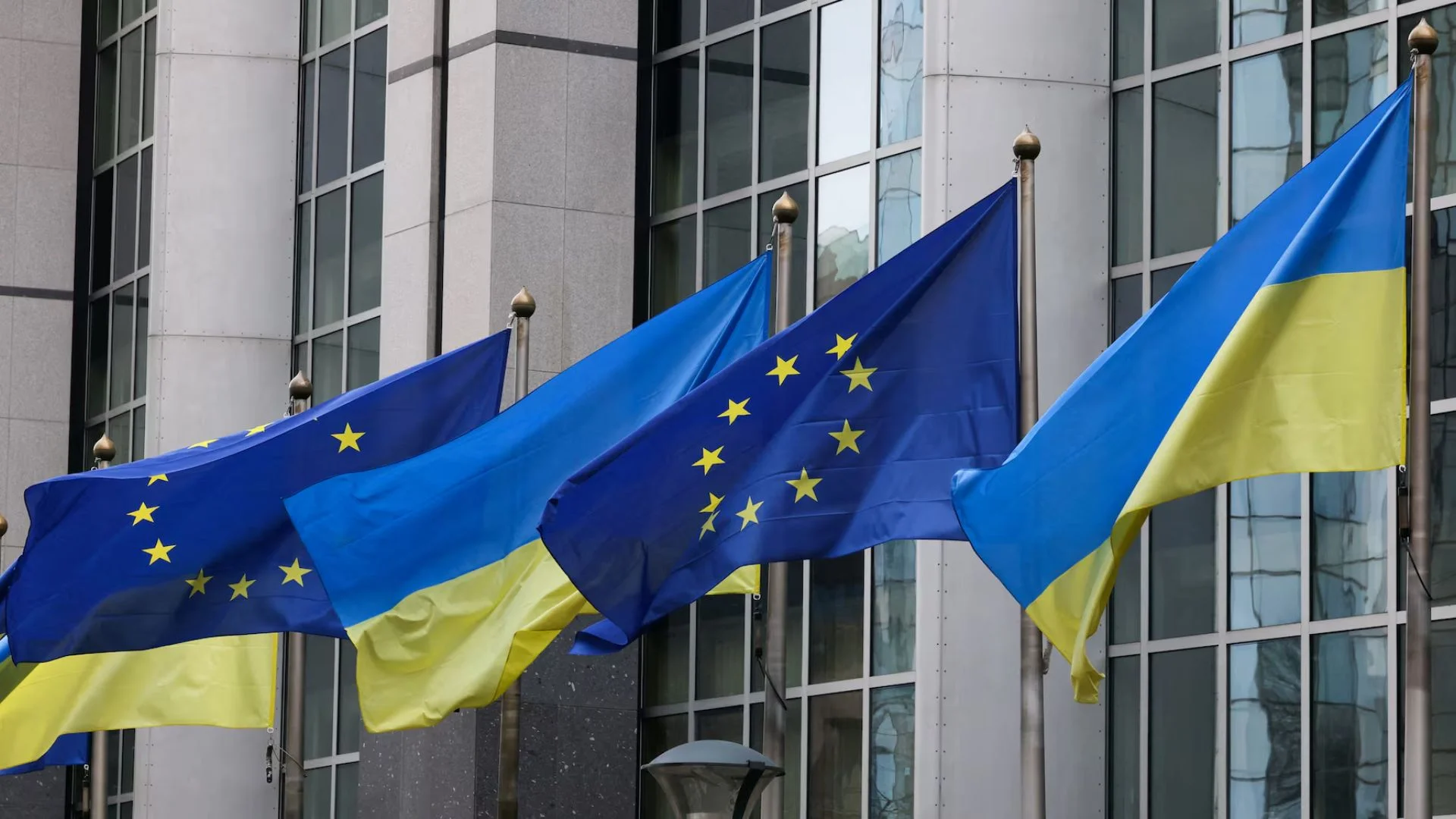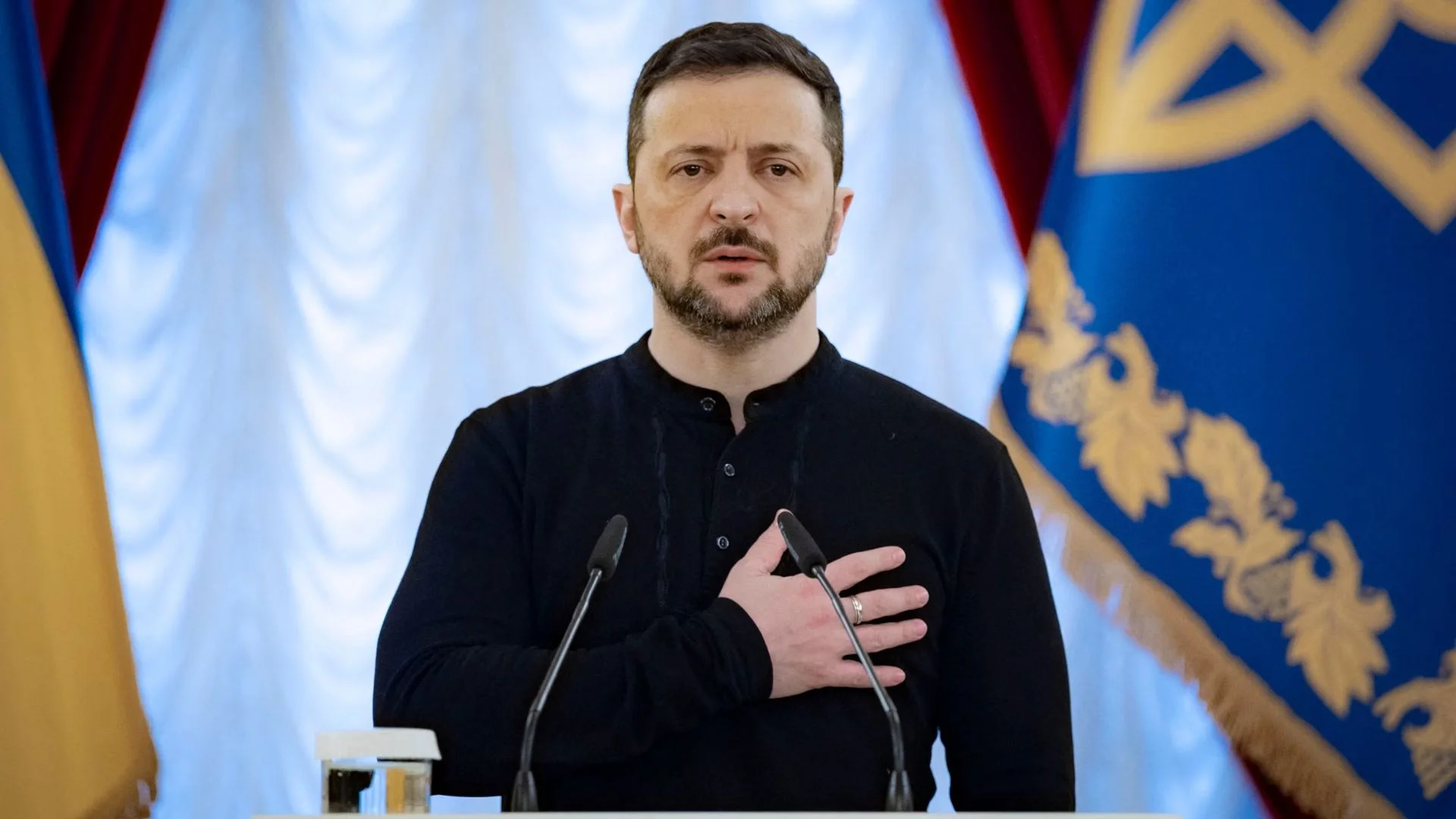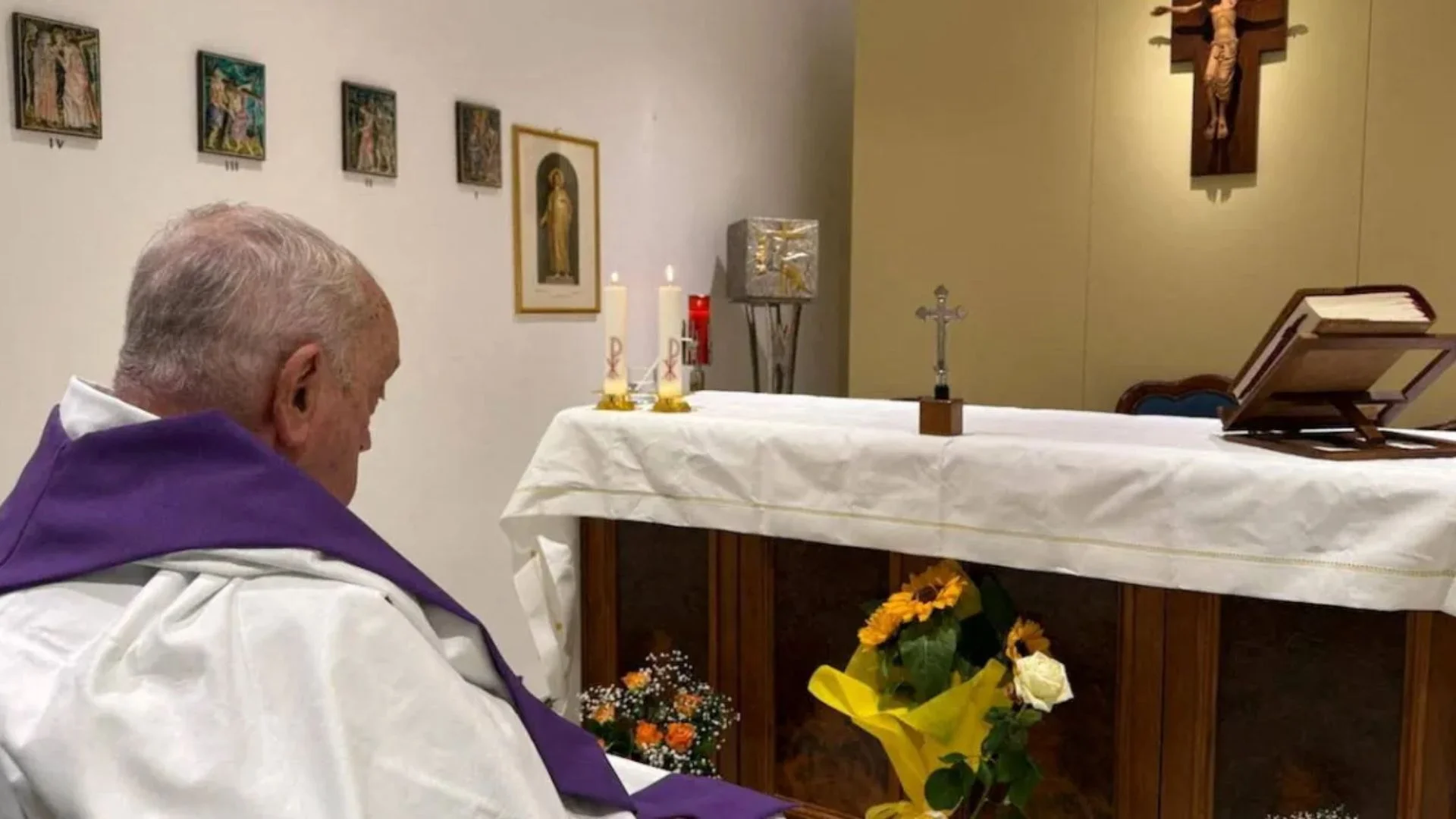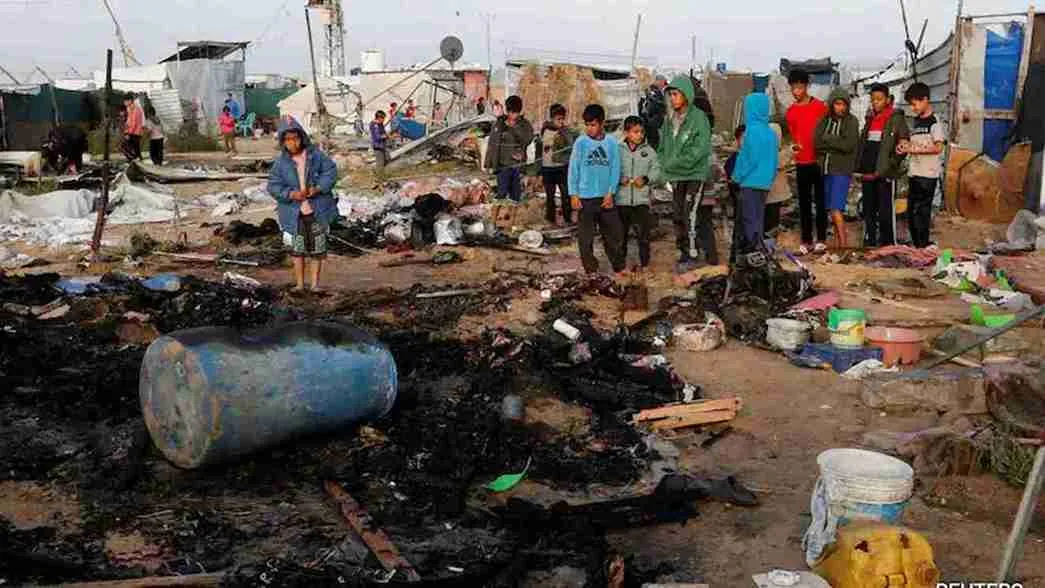The Iraqi parliament has passed a controversial law that has sparked widespread condemnation for its harsh penalties against gay and transgender individuals. The law, which was added as an amendment to existing anti-prostitution legislation, has drawn criticism from human rights groups and diplomatic circles around the world.
US State Department spokesperson Matthew Miller criticized the law, stating that it “threatens those most at risk in Iraqi society” and could restrict freedom of speech and expression. He also expressed concerns that such legislation could discourage foreign investment, echoing sentiments from international business coalitions.
British Foreign Secretary David Cameron also voiced concern, calling the law “dangerous and worrying.”
While homosexuality is considered taboo in Iraqi society and there have been periodic anti-LGBTQ+ campaigns by political leaders, Iraq had not previously enacted a law explicitly criminalizing such behavior.
The new legislation imposes severe penalties, including 10 to 15 years in prison for same-sex relations and one to three years for gender transition surgeries, as well as for the “intentional practice of effeminacy.” The law also prohibits any organization promoting “sexual deviancy,” with violators facing a minimum seven-year prison term and hefty fines.
An earlier draft of the law had included provisions for the death penalty for same-sex relations, but this was not included in the final version.
Iraqi officials have defended the law as a means of upholding societal values. Acting parliamentary speaker Mohsen Al-Mandalawi described it as “a necessary step to protect the value structure of society” and to shield children from what he referred to as “moral depravity and homosexuality.”
However, human rights advocates have strongly condemned the law. Rasha Younes from Human Rights Watch characterized it as a significant setback for fundamental human rights, including freedom of expression, association, privacy, equality, and nondiscrimination.
A 2022 report by Human Rights Watch had previously accused armed groups in Iraq of committing egregious acts of violence against LGBTQ+ individuals, including abduction, rape, torture, and murder, often with impunity. The report also criticized the Iraqi government for failing to hold perpetrators accountable for these crimes.

